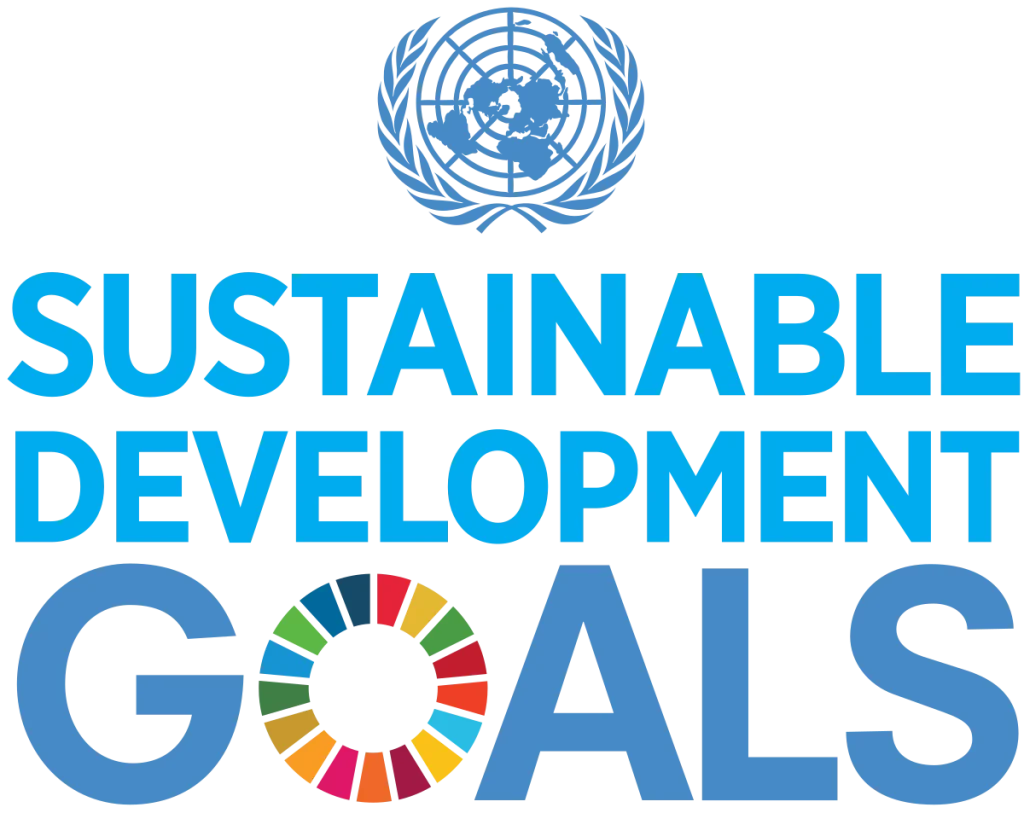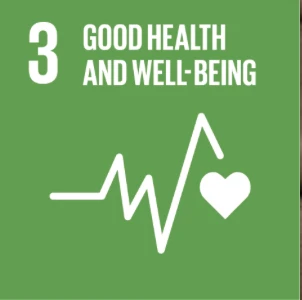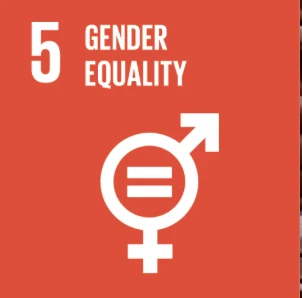Postnatal depression or baby blues?
The arrival of a baby can be quite stressful. No matter how much we love our little ones or how ready we are for their arrival, a new baby brings about many changes in parents’ life, more so in the case of mothers. Adjusting to new schedules, new routines, sleeplessness, limited social interaction, hormonal changes and little personal time may have many mothers feel they are riding an emotional rollercoaster. Indeed, these emotional changes on the arrival of a baby are usually called Baby blues.
Fear, stress or anxiety typical of baby blues is usually experienced by 50 to 85% of women. This is a natural experience expected due to childbirth-related hormonal changes along with isolation, deprivation, fatigue and tiredness during the first weeks after birth.
Lullaai tips to help you cope with Baby Blues:
- Have your loved ones about: Let your partner, family or people around you know you are not feeling well and need more help caring for the baby and everyday tasks.
- Care for yourself: Find time to yourself to feel well, e.g. take a bath, go for a walk, watch a film and above all get some sleep. Remember that you will find tips in the self-care section to help you out here.
- Share with your little one: For example, going for a walk in the park or, when you can, putting your baby in kangaroo position (skin-to-skin contact). This position not only provides multiple benefits for your little one’s health and development but helps speed up your physical recovery after birth, reduce your stress levels and is good for bonding with your baby.
- Circles of women and mothers: you can join a support group for women who, just like you, are discovering the experience of being mothers.
However, if the baby blues symptoms last for several weeks it is important to consider the possibility of postnatal depression occurring. Despite being far worse for the mental health of mothers, postnatal depression has often been ignored or underestimated. Many postnatal depression symptoms are similar to baby blues, albeit far more severe. That is why it is important to watch out for any red flags:
- You may feel difficulties connecting with your partner or your baby.
- You may feel more anxious than usual, making falling asleep much more difficult.
- You may feel guilty, overwhelmed, unimportant or underrated.
- A prevalence of death thoughts is likely.
There is no unique factor triggering postnatal depression. A combination of hormonal and physical changes and a great deal of stress may deteriorate your mental health. It is at this time when it is most important to focus on your health and wellbeing.
What to do if you believe you have or someone you love has postnatal depression?
- Ask for help! This is the time to see who in your inner circle can support you caring for your little one so you can have time to yourself during the day.
- Start going to a psychologist. Professional help is the key to navigating these times.
- Look after yourself. Do things that you find inspiring and boost your health, sleep well, eat healthy and try to find time during the day to move and bask in the sun. Remember that you will find other tips in the self-care section.
Lastly, we would like to remind you that you are not alone and that many other mothers are going through the same as you. Talk to someone whom you feel will understand you.













